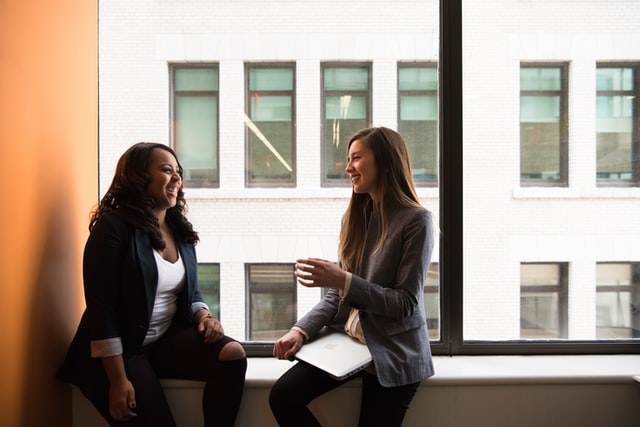Through this research project we wanted to understand how literacy research evidence moves to and between primary teachers and what happens to it as it does so.
We explored teachers’ experiences of accessing, exchanging and engaging with research, traced the movements of particular pieces of research evidence and investigated the role of individuals, organisations, texts and technologies (such as educational leaders, literacy charities, independent consultants, social media influencers, algorithms and hashtags) in brokering research.
We used multiple methods including: interviews, focus groups and lifelogging with teachers, analyses of newspaper and social media and other approaches. These included: detailed interviews, lifelogging and focus groups involving 44 teachers working in a variety of settings; analysis of corpora including 426 newspaper articles and over 31600 Twitter interactions; tracings of 9 examples of research/research-related materials utilising a range of digital and qualitative methods.

We also wanted to find out whether some kinds of research move more easily than others, and whether, and if so how, the key messages from research studies change as they move between research brokers and teachers.
The project’s findings will be valuable to all those with an interest in the relationship between research and literacy education (e.g. educators, school/trust leaders, policy-makers, literacy charities, teacher educators, independent consultants, researchers and other educational organisations).
We also built on the findings of this research to develop new opportunities for teachers to engage with literacy researchers, and produced professional learning materials for use by teachers, schools and student-teachers that support a critical engagement with literacy research. The resources on the website Research Conversations were co-produced by a collective of teachers and researchers.
While our focus is literacy education, we expect that the insights gained and the research methods we developed will also be valuable to those interested in the movement of research on other areas of education and other disciplines too.

This work was supported by the Economic and Social Research Council [ES/W000571/1]